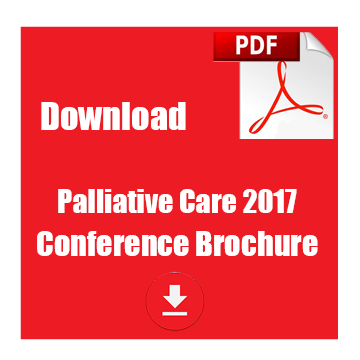
Lisa A. Martinelli Beasley
McDaniel College, USA
Title: Insight from child life specialists who work in the field of death, dying, and bereavement
Biography
Biography: Lisa A. Martinelli Beasley
Abstract
Statement of the Problem: In a society that deeply denies death, dying, and bereavement, life becomes intolerable when people are confronted with their own mortalities, or the mortalities of their loved ones. While this is true at any developmental stage of life, it is particularly palpable when children are chronically ill because of the faulty belief that death afflicts people exclusively during their elder years. This leaves chronically ill children, as well as their parents, families, and communities poorly equipped to handle the emotional, social, and pragmatic implications of their circumstances. The purpose of this study is to encourage people to recognize that death, dying and bereavement are inevitable transitions, which will assist them when they and their loved ones arrive at the end of their lives. Additionally, it will enable participants to extend themselves toward acquaintances, colleagues, and members in the community who care for chronically ill children, since this population runs the risk of feeling isolated and shunned.
Methodology & Theoretical Orientation: A qualitative study was conducted in which108 individuals in the child life community who practice throughout the US were surveyed in order to glean insight about their experiences in working with chronically ill children and their families.
Findings: The data found that the following themes emerged: Denial of death in general, as well as how denial manifests via language and support systems, the implications of death (e.g., family dynamics, lessons and perspectives), as well as strategies families utilize to move forward and initiate closure.
Conclusion & Significance: For purposes of this conference, the presenters will concentrate on denial and moving forward – and as part of the latter, two exercise that promote legacy building and the incorporation of metaphors will be broached. The significance of this will to initiate meaningful internal and external conversations about death, dying, and bereavement.

